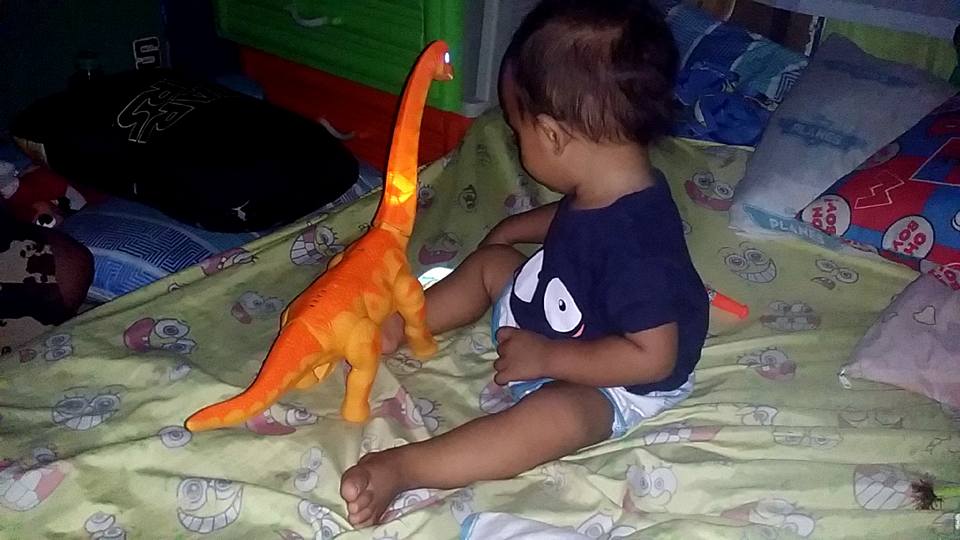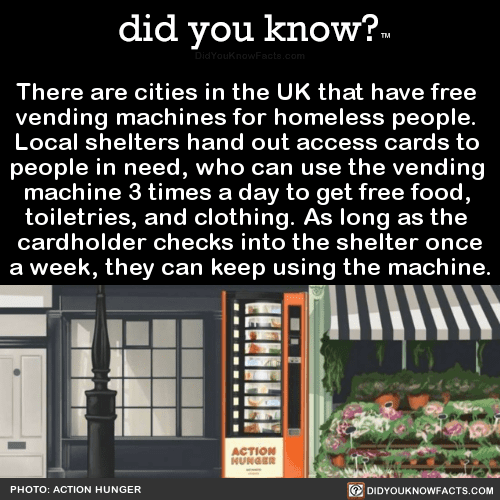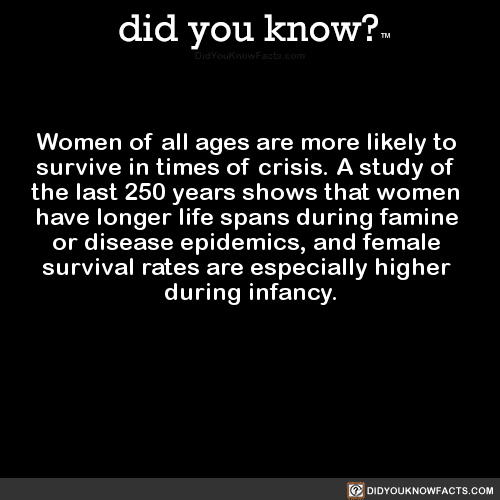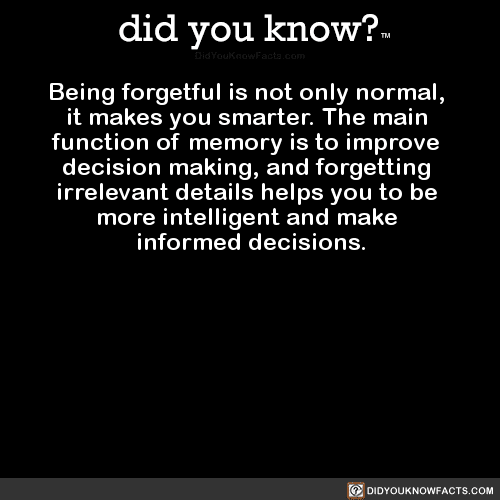Marriage is really hard work. Just ask anyone who’s been there, and they’ll tell you all about the trials and tribulations, the ups and downs.
If you’re married and you want some good (FREE) advice, you’re in luck!
These AskReddit users who work as marriage counselors share the biggest, most common mistakes that couples make.
1. Very important…
“Expecting one person to be everything for them. You need friends, coworkers, a support system, and hobbies.
Keeping secrets or lies.
Failure to communicate effectively – this can be taught.
2. Don’t keep score
“Keeping score. A partnership is a team, not a competition. Whether a person keeps score of everything they have done, or everything their partner has done, it is a death knell for the relationship. This is one of the most common causes of resentment in a relationship, and you see it often when people use absolute terms to describe themselves or their partners (I.e: I always…, she never…). Remembering that each person has his/her own needs, abilities, skills, and boundaries is essential to a healthy couple.
Expecting that because your significant other knows you better than others and is around you most, that they are aware of all of your thoughts and feelings. Your partner is not psychic, and no matter how often they are around you or how well they know you, they cannot pick up on every nuance to determine how you are feeling and how they should respond. That is called emotional babysitting, and it cascades into a host of problems and unnecessary hurt.”
3. Listen up
“Not listening, most people listen to respond and don’t listen to hear. This is what I spend the most time teaching couples how to do!”
4. Some good points
“I have provided couples counseling at different points in my career. Some of the common mistakes I will often see are:
Expecting partners to be able to read their mind and anticipate needs and wants
Goes with the first one, lack of communication/comfort with discussing difficult topics. Or one partner being uncomfortable with discussion a topic which leaves both partners feeling frustrated or dissatisfied
Blaming their partner for all issues in the relationship and not taking ownership of their own role in dysfunction/issues
Not expressing gratitude towards your partner on a regular basis. Experiences and expressions of gratitude can have a really positive effect on psychological well being as well as relational strength.
Not giving intimacy in their relationship enough attention. This includes but is not limited to sex. Many relationships start with the “hot and heavy” phase where intimacy can come naturally. As this phase diminishes many couples do not spend the time and energy to consider how to maintain a healthy level of intimacy now that it doesn’t just come naturally.”
5. A bit of a different view
“Divorce lawyer here.
Talk. About. Money.
Talk. About. Sex.
If you’re marrying someone with a shitty credit score, you should know how and why they ended up with it, lest you find yourself in their shoes very quickly. A credit score can cost thousands and take Y E A R S to rebuild. Know if they have any tax liens or liability. Are they paying child support and do they have any kind of garnishment?
Who is going to be responsible for managing the finances? How many credit cards does the other person have and what are their balances? I’ve seen money kill a lot of marriages.
Another one a lot of people don’t think of is actually talking about sex, not just having it. Do you enjoy the sex you have? Would you like to have more of it? Less? Would you like to se it change? Do you or the other person have any weird kinks? Just have the talk. Different sexual wavelengths can be difficult to reconcile.”
6. Business talk
“Not a lawyer but a paralegal. I always tell people to never marry someone you wouldn’t go into business with.
Because marriage is a legal business. It is a marriage contract. Not like a contract you sign for internet service or to buy a car. But a legal contract nevertheless. One that creates a business relationship with the other person. And one that requires going to court and paying financial settlements to extricate yourself from. You have to get the court’s permission to dissolve the legal contract.
If you can’t imagine yourselves, I don’t know, opening a dry cleaning business together. Or starting the next great start up. Or running a B&B. Or opening a tire shop. Or running a multi million dollar media empire. Whatever it is.
If you think of that and think things like, “Oh god no, they’d drive me crazy. They’d have wacky ideas. We’d never agree. I’d have to make all the decisions and not tell them.” Or anything else that indicates fear and loathing of the idea of going into business together then DO NOT, I repeat in bold flashing lights DO NOT MARRY THIS PERSON. Because to marry them is to open a business enterprise with them.
People in the past knew that marriage was a business arrangement. They set people up with eligible singles from other families. They knew that it creates a legal and financial contract. And that people are more likely to be happy with other people who share their values around money and major life decisions. Yes sometimes people married for convenience or expectation rather than for love. But now we have people marrying for love in irresponsible ways. Not every love marriage is irresponsible, but enough of them are.
They say people divorce over money, but they don’t, they divorce over values. Because nothing brings out someone’s values like money, or lack thereof.
The decisions a person makes around money tell you more about who they are and what they value than anything else.
If you can’t agree with the person your partner is when it comes to money, if you can’t understand their priorities, their fears, their hopes, their dreams, their goals, and what drives them financially, or if you look down on them for any of that or think you can fix them, or if they hide any of it from you, then don’t marry them.”
7. Don’t lose sight
“Therapist here, have served couples.
Number one problem I see is overactive threat response creating anger and rigidity. People don’t stop to turn down their defense mode, and lose sight of love because all their energy is going towards being right or controlling the outcome. Of course that control comes from a place of fear, but fear and vulnerability feels too dangerous, so it typically gets expressed as anger, frustration, or rigidity.
Surrender to not having control, accept what’s in front of you, and cultivate compassion. Please. Because y’all rigid couples who just can’t prioritize empathizing with each other over your fear response are driving me nuts!”
8. Teammates
“As soon as couple stops being on the same team, fighting all the bullshit of life together, things fall apart. Get on the same team. Get behind each other’s goals. If you’re not on the same team, you’re just going to wind up annoying the fuck out of each other. All that bullshit of life is going to be beating you down and your life partner is just going to be part of it instead of a refuge.”
9. Don’t be harsh
“When your significant other brings something to your attention, that they need/want, don’t react harshly if it’s something they’ve refused to bring up sooner. Getting loud or defensive “Why didn’t you bring this up sooner!” will make them shy away from bringing things up again due to negative reinforcement/backlash.
This is especially true if they’ve been victims of any kind of abusive relationships.
Literally killed my marriage because I was an idiot and didn’t respond in an open, non-positive way.”
10. A unit
“One of the most toxic things I have found in doing marriage counseling is when couples think of themselves as individuals who happen to be together and not as a couple. (Not that I’m advocating enmeshment.)
That’s not really marriage. That’s having a roommate, or perhaps less than that even.
Marriage is a union of two people. That’s what the unity candle and sand and knots are all about. There is a bringing together of two lives that is inseparable.
If either member still conceptualizes themself as a solely autonomous individual whose actions and dispositions impact only themselves, things will go bad eventually.
They go bad because it results in a person caring more for themselves than their spouse. This is seen where couples spend money behind each other’s backs because “it’s my money, why does it matter?” When couples keep secrets from each other, which inevitably results in pain. This is seen when couples don’t stop to consider their spouse’s thoughts, feelings, desires, dreams, abilities, and strengths alongside their weaknesses.
The remedy to this is behaving as a unit in small ways and in large. If you’re getting something from the fridge, see if your spouse wants something. It even helps in arguments; no longer is it spouse against spouse but it’s the married couple against the issue causing stress to the unit.
When one person considers a course of action, their thoughts ought to be about how it impacts the unit.”
11. Challenges and speed bumps
“I work with couples and their relationships a lot, in my line of work, and do some forms of counselling though it is not my job or training.
But one of the common threads I see running in the midst of relationships/marriages that fall apart is a kind of selfishness.
People that don’t quite realize that marriage works best when you are both acting in the others’ best interest and seeking their happiness more than your own.
It crops up a lot, but not exclusively, in sex/intimacy: if your primary concern in sex is you, you are not going to build any kind of bond or intimate connection, and nor is it going to be much fun for your partner.
Marriage is a lot about sacrifice and the couples I see thriving are the ones who are each willing to make sacrifices for the other and for their family.
Couples who get married thinking that the coming decades of marriage are going to be exactly like the dating or the honeymoon phase, when they face major challenges or speed bumps in their life together, have a real hard time dealing with it, “But I thought I was supposed to be happy.” “
12. Unspoken rules
“Current Marriage, Couple and Family master’s counseling student here.
Unspoken family rules that you bring into relationship are HUGE.
Obviously you didn’t grow up together and depending on how you did you grow up you may have had completely different family of origin (FOO) experiences. It can be as simple as your FOO separated out laundry by color and your SO’s just threw everything in together so you have different family rules regarding laundry, to your FOO had the rule of “family problems stay in the family” and your SO’s family talked to people outside the family about all the problems freely.
Everybody has these rules, talking about them and uncovering them (without judgement) will go a very long way in maintaining and deepening connection. If you don’t talk about them it is easy to get into negative interactional patterns that are just rehearsals of how your FOO did things and not creating healthy, mutually safe patterns.”
13. Not just a utility
“Sexual incompatibility. Misunderstanding sex as a bonding activity. When one or the other believes sex is something one does to another as if it was just a utility.”
14. That’s not good
“Treating their pets better than their partners.”
15. Be mindful of the baggage
“Marriage counselor in TX:
Probably one of the biggest mistakes that couples make is forgetting that they’re on the same team, and they fight to win instead of fighting to resolve.
Focus on hearing and understanding each other, and engage in disagreements with an eye on coming together, and compromise will follow easily.
Also: sex is good, important, and okay to talk about. Couples make the mistake of thinking that sex is one of those things that they should just intuitively understand, but life doesn’t work like that.
Quick edit to add:
If you aren’t mindful of the baggage that you bring into a relationship, that baggage will make more decisions for you than you will probably realize. Talk about the skeletons in your closet!”
The post 15 Marriage Counselors Reveal the Most Common Mistakes That Couples Make appeared first on UberFacts.


 need more practice
need more practice 
 Tink xx #guiltydogface#happyfriyay#bettyboobeagle#tinkerbelle#justbeagles#beagleloveit#instagrambeagles#beagle#beaglesofinstagram#dogsofinstagram#dogs_of_instagram#beaglecentral#beagleworld_feature#beagleluvofficial#beaglevillage#boopmynose#dailybarker#worldofcutepets#dogsofinstagram#sendadogphoto #worldofcutepets#dog_features#dogsofinstaworld#mydogiscutest#igwoofs#dogmilk#beaglefaction#beagleloverz#beagles_petsagram#beaglepluss#beagle_us#doggytheworld @beagledream @beagle_top @boopmynose @beagleworld @beagle_loveit @beaglecentral @bestfriends_dogs @dogsofinstagram @beaglevillage @beagleloverz @beaglefaction @beagle_corner @dog.tagram @thekennelclubuk @beagleoftheday @beagle_top @beagles.gram @beaglemasters @sendadogphoto @justbeagles @mydogiscutest @beaglesplanet @thebeaglesparents @beagle_lovers @beagles_petsagram @beagles_all_day @instagrambeagles @beagle_society @beagledaily @beaglescorner @beaglestagrams @beagleig @beagle.boo @beaglesmile @beagle_corner @beaglezada @beagleloversfc @beaglecute @beagle.ins.gram @beagle_me @dogs @worldofbeagles @doglove @dogs_of_world_
Tink xx #guiltydogface#happyfriyay#bettyboobeagle#tinkerbelle#justbeagles#beagleloveit#instagrambeagles#beagle#beaglesofinstagram#dogsofinstagram#dogs_of_instagram#beaglecentral#beagleworld_feature#beagleluvofficial#beaglevillage#boopmynose#dailybarker#worldofcutepets#dogsofinstagram#sendadogphoto #worldofcutepets#dog_features#dogsofinstaworld#mydogiscutest#igwoofs#dogmilk#beaglefaction#beagleloverz#beagles_petsagram#beaglepluss#beagle_us#doggytheworld @beagledream @beagle_top @boopmynose @beagleworld @beagle_loveit @beaglecentral @bestfriends_dogs @dogsofinstagram @beaglevillage @beagleloverz @beaglefaction @beagle_corner @dog.tagram @thekennelclubuk @beagleoftheday @beagle_top @beagles.gram @beaglemasters @sendadogphoto @justbeagles @mydogiscutest @beaglesplanet @thebeaglesparents @beagle_lovers @beagles_petsagram @beagles_all_day @instagrambeagles @beagle_society @beagledaily @beaglescorner @beaglestagrams @beagleig @beagle.boo @beaglesmile @beagle_corner @beaglezada @beagleloversfc @beaglecute @beagle.ins.gram @beagle_me @dogs @worldofbeagles @doglove @dogs_of_world_
 Absolutely nothing to see here Mummy….and no, I haven’t seen @lola_the_london_cockapoo for ages. I’ve got no idea where she is
Absolutely nothing to see here Mummy….and no, I haven’t seen @lola_the_london_cockapoo for ages. I’ve got no idea where she is 
 #naughtydog #cheekycharlie #naughtybigsister #pinnedya #pinnedyaagain #hiding #nothingtohide #whereislola #naughtypuppy #poorpuppy #siblings #siblingrivalvry #sisters #littlesister #bigsister
#naughtydog #cheekycharlie #naughtybigsister #pinnedya #pinnedyaagain #hiding #nothingtohide #whereislola #naughtypuppy #poorpuppy #siblings #siblingrivalvry #sisters #littlesister #bigsister #wieczór #wtorek #seriale #mięso #przekąska #wołowina #JackLinks #PrawdziwaWołowina #herbata #evening #tuesday #chillout #chilling #meat #snack #beefjerky #beef #tvshow #netflix #instagood #vsco #vscocam #vscogood
#wieczór #wtorek #seriale #mięso #przekąska #wołowina #JackLinks #PrawdziwaWołowina #herbata #evening #tuesday #chillout #chilling #meat #snack #beefjerky #beef #tvshow #netflix #instagood #vsco #vscocam #vscogood



















 ⠀⠀ #vigilanceelite #bucketlist
⠀⠀ #vigilanceelite #bucketlist

 Happy Saturday! #teoforastronaut
Happy Saturday! #teoforastronaut

